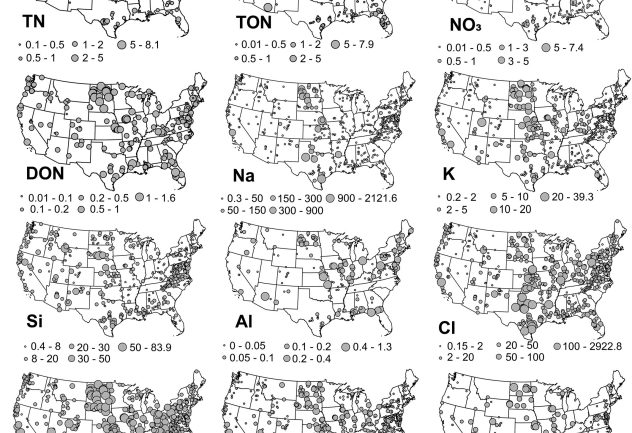Revealing the Enigma of River Chemistry: A Comprehensive Inquiry
Posted: March 2, 2026

Rivers, the lifelines of our landscapes, not only transport water but also essential chemicals. While river responses to short-term weather shifts are well-studied, understanding long-term river chemistry has remained elusive. CAMELS-Chem tackled this puzzle, analyzing data from 506 pristine U.S. rivers.
Surprisingly, they found a consistent trend: major chemical concentrations decrease as river flow increases. In essence, arid climates lead to higher solute concentrations, while humid ones have lower levels, indicating climate's dominant role over local geological factors.
This pattern emerged through an integrated model combining hydrology and biogeochemistry, revealing how rivers accumulate or transport solutes. In a warming climate, dwindling river flows could increase solute concentrations, posing risks to water quality and ecosystems.
Understanding river chemistry is key to comprehending climate change's multifaceted impacts.


 Big Data
Big Data